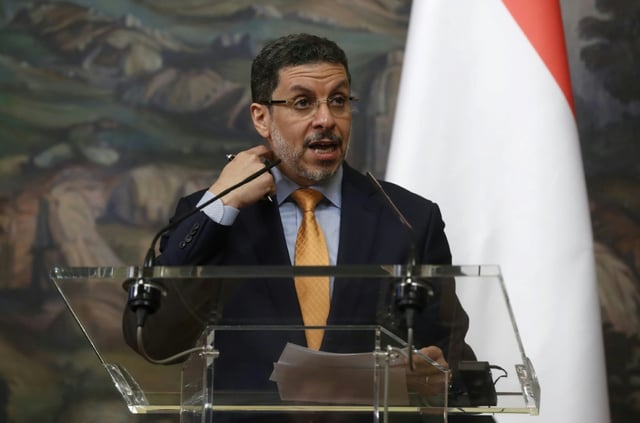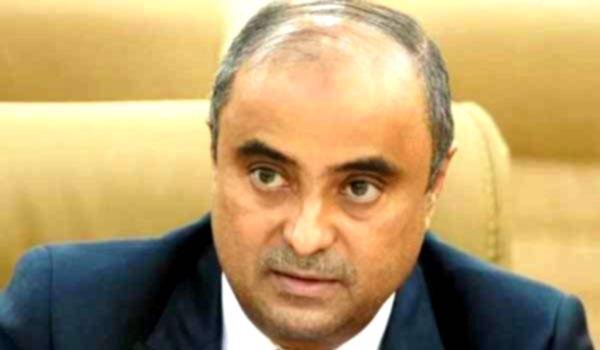Overview
- Ahmed Awad Bin Mubarak resigned as Yemen’s prime minister on May 3, citing his inability to enact reforms or carry out a cabinet reshuffle due to political gridlock.
- His resignation followed a power struggle with Rashad al-Alimi, head of the Presidential Leadership Council, who denied his request to dismiss 12 ministers.
- The Presidential Leadership Council swiftly appointed Finance Minister Salem Saleh bin Braik as the new prime minister, signaling an effort to stabilize the government.
- The resignation underscores the deep divisions within Yemen’s anti-Houthi coalition, split between UAE-backed Southern Transitional Council factions and Saudi-aligned members.
- The political turmoil occurs as the United States intensifies airstrikes targeting Houthi-controlled areas, escalating military tensions in the region.


